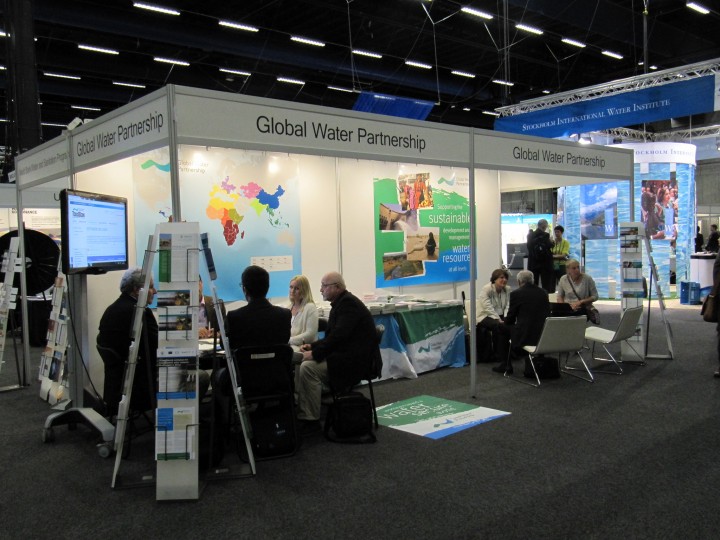
The National Strategy on Education for Sustainable Development for Ireland 2014-2020, published over the summer of 2014, includes a range of opportunities and recommendations for development educators which are well worth exploring. But what about education and the “business” of sustainable development?
______________________
Developing a strategy that aims to crisscross all education sectors in Ireland – both formal and non-formal education – is bound to have its limits.
That being said, it’s disappointing that industry – multinational corporations, small and local businesses etc. – have been entirely left out of the strategy when the impact and influence of business on delivering sustainable development on the ground is at its most active.
Differences in definitions between departments, such as what with the Department of Jobs, Enterprise and Innovation might understand by ‘sustainable development’ compared with the definition that the Department of Education and Skills (DES) uses, may actually set the education for sustainable development (ESD) agenda behind.
Corporate social responsibility and supports for capacity building and training to hold businesses to account on their impact on global sustainability, after all, should be in actions and not just in voluntary statements of agreement.
One might legitimately claim that the lack of educational supports for industry and regulation in the environmental and sustainable development agenda on businesses places an unacceptable burden on the DES to deliver such an ambitious broad public ESD agenda.
The cooperation and interdepartmental approach taken in the strategy should be commended as the DES is set to work with the Department of Children and Youth Affairs, Department of the Taoiseach, Department of the Environment, Community and Local Government and the Department of Foreign Affairs and Trade. If this level of interdepartmental policy coherence can be forged, why does business and the corporate realm get an exemption on ESD?
This seems even stranger within current times as the rolling set of government priorities is focused on getting Ireland back to work, seeking foreign direct investment and the high priority on trade missions where ministers are dispatched across the world in the national interest will all have a deep impact on Ireland’s sustainability beyond typical crude job creation indicators.
The silence on educational opportunities for embedding sustainable development at local government level in, say, training around procurement policies and standards, is another area where ESD could play a vital role. The rise in private entities delivering public services brings this point into focus.
One exception to this is the focus on turning schools into sustainable school sites – an agenda already well underway and familiar to many (see the work of Green-Schools, for example). The inclusion of recommendations for the DES to work with National Transport Authority and the DECLG is welcome – but why only limit it to formal school sites?
One hopes that as eyes all are fixed on Ireland’s leadership role since its recent appointment to lead UN negotiations on a new Global Development Agenda for September 2015, along with Kenya, and that sustainable development goals are not replaced with global development goals. As Minister of State for Development, Trade Promotion and North-South Cooperation Seán Sherlock said on Ireland’s appointment:
“The role we have been given is pivotal in addressing the ambitious challenge to end global poverty and hunger in a generation. It will require Ireland to work closely with all members of the United Nations to secure a set of new goals which are ambitious and transformative. We will be defining an agenda for global action to end poverty and hunger and to ensure sustainable development worldwide by 2030”.
Cohesion across government departments is crucial in delivering this agenda. 7.1 Japans is not an option (and should not be an option!) for Ireland and the rest of the planet.
